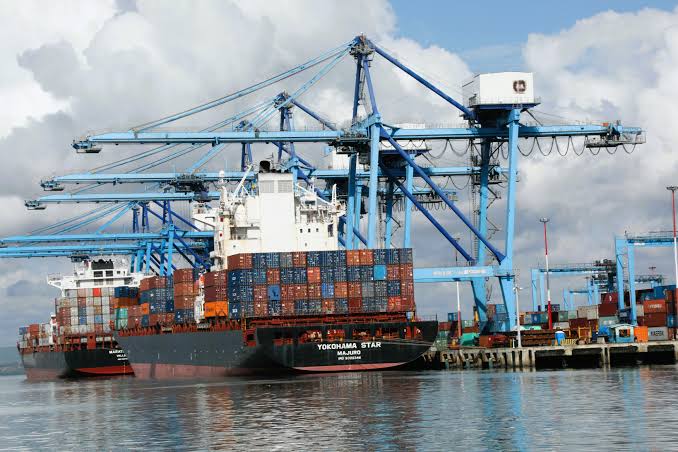
Consumers across Kenya are bracing for a rise in the cost of goods following a surge in global shipping charges that has begun to ripple through the local market. Importers and retailers have warned that the increased freight rates, driven by higher fuel costs, global supply chain disruptions, and port congestion, are pushing up the final prices of both essential and luxury items.
From electronics and clothing to foodstuff and construction materials, the cost of importing goods has climbed sharply in recent weeks. Retailers say they have little choice but to pass on the additional expenses to consumers, as operational margins continue to tighten.
Importers report that shipping a standard container from Asia to Mombasa has become significantly more expensive, adding thousands of shillings to the landed cost of goods. Many cite delays at major ports, fluctuating fuel prices, and geopolitical tensions as key contributors to the rising charges.
Small businesses that rely on imported stock are among the hardest hit, with some struggling to maintain supply levels or facing stock shortages due to delays and high freight bills. Consumers are already feeling the pinch, particularly in urban areas where imported products make up a large share of household consumption.
The Kenya Association of Manufacturers has also expressed concern that the higher logistics costs may affect local production, as raw material imports become more expensive. This could have a ripple effect on job creation and the overall competitiveness of Kenyan goods in the regional market.
Economists warn that the increased cost of imports could fuel inflation and strain household budgets at a time when many Kenyans are already facing economic challenges. They urge the government to intervene by easing port clearance processes, improving transport infrastructure, and exploring regional shipping alternatives to reduce dependency on global supply routes.
As the situation unfolds, stakeholders are calling for long-term strategies to strengthen domestic production and reduce over-reliance on imports in order to protect consumers from future global disruptions.

